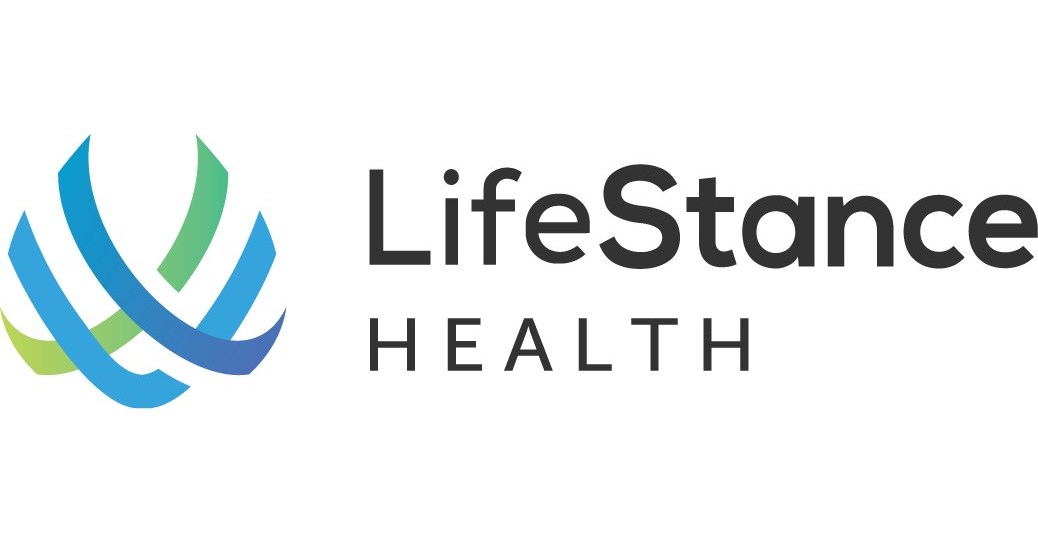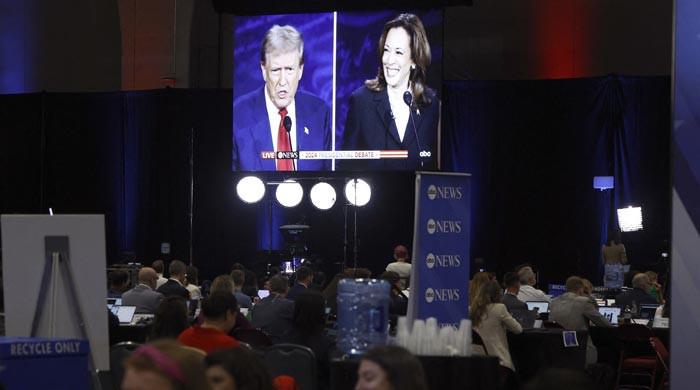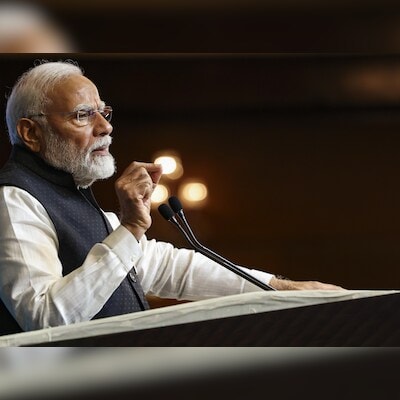Election Anxiety on the Rise: Survey Reveals Impact on Mental Health and Relationships
SCOTTSDALE, Ariz., Oct. 8, 2024 — As the U.S. presidential election approaches, a new survey from LifeStance Health highlights a troubling trend: nearly 80% of Americans are feeling anxious about the upcoming vote. This anxiety is not just a personal struggle; it’s affecting relationships and prompting many to rethink their social media habits. The findings underscore the urgent need for accessible mental healthcare during this tumultuous time.
The survey, titled "The 2024 Election Cycle’s Impact on Mental Health & Relationships," reveals that 79% of respondents report experiencing some level of anxiety related to the election. Among younger generations, the numbers are even more striking, with 64% of Generation Z and 54% of millennials indicating they feel moderate to significant anxiety. In contrast, only 47% of Generation X and 52% of baby boomers reported similar feelings.
Daily Thoughts and Major Life Decisions
The anxiety surrounding the election is pervasive, with more than half of respondents (57%) thinking about the election daily. Alarmingly, 44% of Generation Z have even postponed significant life events—like moving, going to college, or getting married—due to their worries about the political climate. This level of stress is a clear indicator of how deeply intertwined politics and personal lives have become.
Therapy as a Lifeline
For many, therapy has become a crucial outlet for processing these external stressors. The survey found that 60% of respondents currently in therapy discuss political issues with their clinicians. Dr. Ujjwal Ramtekkar, Chief Medical Officer at LifeStance, emphasizes the importance of mental health support during such stressful times. "Our survey highlights the ongoing need to improve access to high-quality mental health care, which would provide even more people with the tools to effectively manage daily life stressors," he said.
Strained Relationships and Political Disagreements
The survey also sheds light on how political discussions are straining personal relationships. Nearly half (44%) of respondents reported that political conversations have led to conflicts in their lives. This tension is particularly pronounced among younger individuals, with 29% of Gen Z and 25% of millennials stating that political discussions often lead to conflict. In fact, 22% of respondents have considered ending a friendship due to opposing political views.
Romantic relationships are not immune to this strain either. Half of Generation Z considers "political compatibility" an essential factor when dating, and one-third of respondents would not date someone with opposing political views. The survey indicates that nearly a quarter of Gen Z and millennials have ended a romantic relationship over political disagreements.
Social Media Detox
In an effort to manage their anxiety, many respondents are adjusting their social media habits. Over one-third (34%) have unfollowed or blocked friends or family on social media due to political views, while 72% believe that social media and news coverage contribute to their election-related anxiety. More than half (54%) have limited their exposure to news and social media to cope with stress.
The Bigger Picture
As the election draws nearer, the mental health implications are becoming increasingly clear. The LifeStance survey serves as a reminder of the importance of mental health care in navigating the complexities of modern life, especially during high-stress events like elections. With the stakes high and emotions running even higher, it’s crucial for individuals to seek support and develop healthy coping strategies.
For those looking for ways to manage election-related anxiety, LifeStance offers resources and tips on their blog, emphasizing the importance of mental well-being in these challenging times.
As we move closer to the election, it’s vital to remember that while political views may differ, the need for compassion and understanding in our relationships remains paramount.



